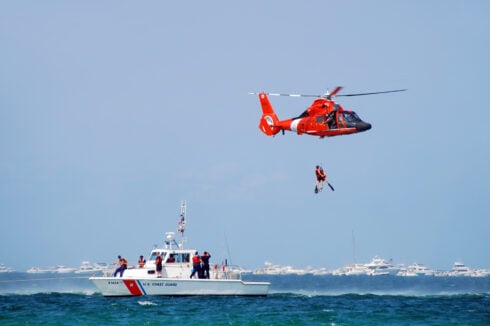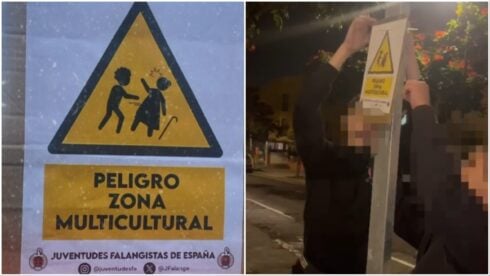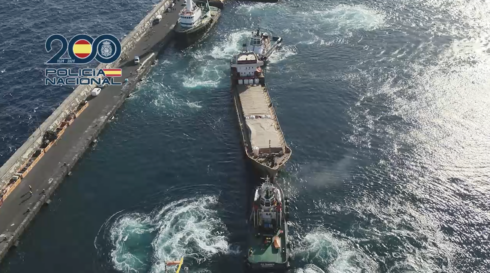THEY fly in for the likes – but could be leaving with five-figure fines.
Tenerife in the Canaries has officially declared war on a new breed of tourist: the influencer who’ll do anything for likes, even if it means trashing the island’s most fragile landscapes.
From chucking paella pans into national parks to filming haircuts in the middle of protected roads, online stunt-makers have sparked fury among locals and environmentalists alike. Now, Tenerife officials have had enough – and are fighting fire with WiFi.
The island has launched a dedicated social media surveillance unit – the first of its kind in Spain – tasked with hunting down environmental vandalism posted online and slapping the offenders with hefty fines.
The crackdown could cost violators up to a staggering €300,000.
“We cannot allow regulations to be broken just to take a good photograph,” said Rosa Davila, president of the Tenerife government.
Already, the new squad is combing TikTok, Instagram and YouTube for footage of influencers breaking the rules – including illegal drone flights, hiking into protected volcanic zones, lighting cigarettes in wildfire-prone areas, and worse.
Among the offenders is Azogue Elea, a gamer and content creator who sparked public outrage after posting videos of himself throwing paella pans into the wilderness inside Teide National Park – a UNESCO-protected site. The clips were quickly deleted following a wave of online fury.
He can be seen doing the same stunt in the clip below – and to be fair he makes sure he is shown retrieving the offending pan, having learned his lesson.
Another clip that raised eyebrows showed a man getting his hair cut in the middle of a road running through protected land – an apparent bid for viral fame that instead landed him on the radar of park authorities.
Officials warn these aren’t harmless antics – they’re violations of environmental law.
Across the island, there’s growing resentment toward the so-called ‘TikTok tourist’.
Tenerife, with its picture-perfect views and volcanic terrain, is no stranger to visitors – but locals say too many now treat the island like a film set, not a real place with real rules.
But Tenerife isn’t alone in having to deal with the fallout of social media madness.
In Lanzarote, tourists illegally entered the Cueva de los 7 Lagos, a restricted cave system closed to the public for safety reasons – and proudly posted the stunt online.
In Gran Canaria, an influencer buried €1,000 in a nature reserve as part of a ‘viral challenge’, sparking a rush of followers who showed up with spades and shovels, tearing up fragile dunes in search of cash.
Even international celebrities have found themselves in hot water over Spanish environmental laws.
Last year, Katy Perry was caught up in controversy after filming her music video Lifetimes in the protected S’Espalmador dune system in Formentera. Spanish authorities opened a preliminary investigation to determine whether her team filmed within the ecologically sensitive dunes without the required permits.
While no formal charges were filed, local officials said no written authorisation was ever granted. Capitol Records, Perry’s label, claimed a verbal go-ahead had been given by local staff the day before filming. Authorities disputed that version, calling it a breach of protocol and a potential administrative infraction.
Back in Tenerife, the battle between tourism and conservation is growing increasingly tense. Locals recently staged beach protests – including a dramatic demonstration by surfers holding signs that read ‘Surfeamos en caca’ (‘We surf in poo’) – to highlight pollution, poor infrastructure, and a tourism industry they say is spiralling out of control.
Click here to read more Spain News from The Olive Press.










